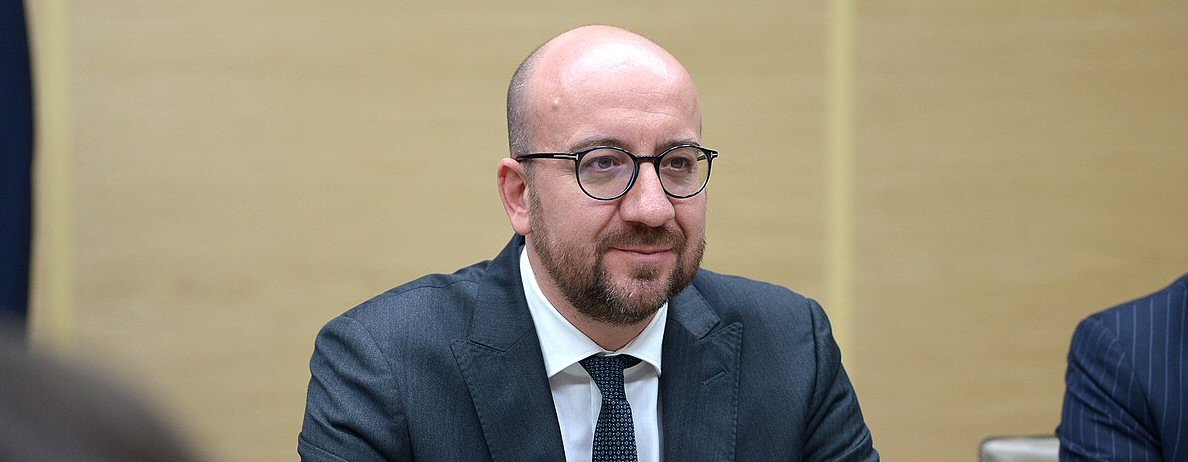My previous post discussed the rationale for the Commission’s revised MFF proposal put forward on 27 May 2020 which includes a proposal for a European Recovery Instrument (ERI) to finance front-loaded expenditure in the next MFF plus a slightly revised ‘standard’ MFF (which the Commission refers to as a ‘reinforced’ MFF). In broad terms, the reinforced MFF allows for commitment appropriations amounting to €1,100 billion over the 2021-2027 period, while the ERI would help to finance a further €750 billion of spending in the 2021-2024 period, in constant 2018 prices. Together, they add up to a total proposed spending of €1,850 billion over the MFF period.… Read the rest
Commission proposes European Recovery Fund as part of revised 2021-2017 MFF
The stakes for the European Union have never been higher. In a year when the latest Commission economic forecasts project a 8% decline in GDP as a result of the measures taken to contain the spread of the coronavirus, the question is whether the European Union can provide a response that is macroeconomically significant and builds on the principles of solidarity inherent in the concept of a common citizenship. If it fails to deliver, we can say good-bye to the European Union and prepare to take our chances in an unforgiving geo-political world where the only other leaders are an increasingly authoritarian and self-centred China and an increasingly unpredictable and self-centred America.… Read the rest
President Michel’s solution to the MFF conundrum
In my previous post I discussed the challenges facing European Council President Charles Michel as he took over responsibility from the Finnish Presidency to prepare the draft conclusions on the Multi-annual Financial Framework for the coming meeting of the European Council on 20 February next.
The Finnish Presidency proposal had been attacked on all sides as unsatisfactory. Yet, in that previous post, I speculated that Mr Michel was unlikely to hear anything very different to what the Finnish Presidency had heard when charged with forwarding the ‘negotiating box with figures’ to the December 2019 meeting of the European Council.… Read the rest
MFF discussions pushing small increase in CAP budget compared to Commission proposal
The European Council leaders at their meeting on 17-18 October 2019 failed to make progress in advancing discussions on the next Multi-annual Financial Framework (MFF) due to start on 1 January 2021. The Council’s conclusions noted that: “Further to a presentation by the Presidency, the European Council exchanged views on key issues of the next Multiannual Financial Framework such as the overall level, the volumes of the main policy areas, the financing, including revenues and corrections, as well as the conditionalities and incentives. In the light of this discussion, it calls on the Presidency to submit a Negotiating Box with figures ahead of the European Council in December 2019”.… Read the rest
How much progress has been made on agreeing the 2014-2020 MFF?
Discussions on the CAP regulations post-2013 and negotiations on a new multi-annual financial framework (MFF) for the period 2114-2020 are inextricably linked. As EU politicians and civil servants take to the beaches for their summer vacation this month, it is timely to review how far the negotiations on the MFF package have come and how close/far we are to/from an agreement. The official view (see the Council MFF website) is that we are on course to reach political agreement on the MFF package by the end of this year. This would allow legislative work to be finalised in sufficient time for the new MFF, new rules on own resources and new spending programmes to apply from 1 January 2014, but this may be more wishful thinking than a real forecast.… Read the rest
Agricultural consequences of the eurozone crisis
The consequences of the decisions at the fateful Brussels summit on 9 December 2011 will take time to assess. Whether leaders did enough to calm the markets and allow eurozone governments to refinance their enormous debts next year at reasonable interest rates will be known relatively quickly. Many commentators feel that financial markets will not be impressed, and that the EU is facing into a prolonged depression in which the break-up of the eurozone is a real possibility.
The significance of the institutional changes implied by the creation of a new inner core of EU member states pledged to achieve greater fiscal integration will only be known over a longer time span.… Read the rest





